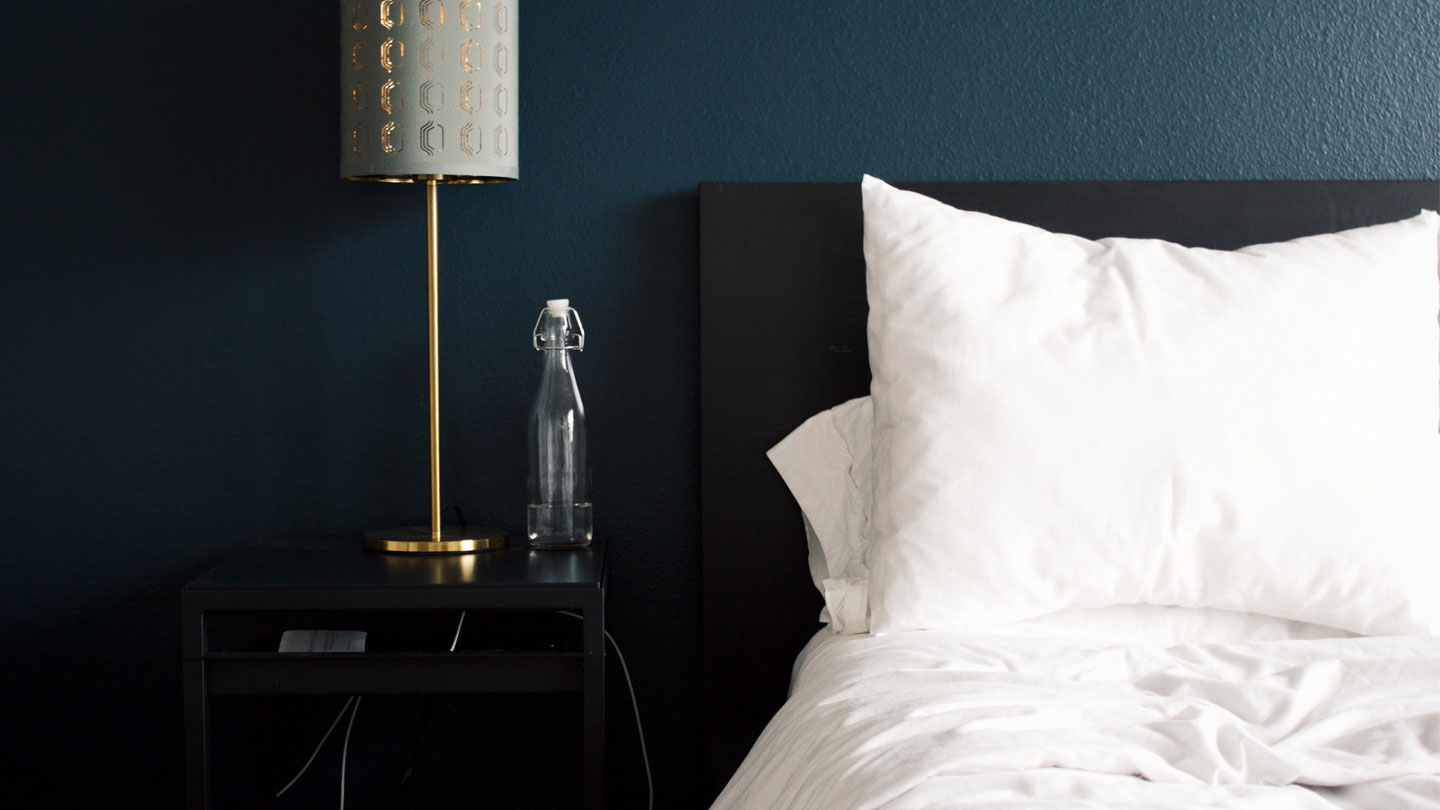A bit of personal post today. It’s been a crazy tough few weeks. From dealing with the grief of my grandfather passing and my auntie being diagnosed with cancer to starting a new job and getting dumped. I’m not going to lie, guys, I hit my limit with bad news. It’s driven my stress levels through the roof and increased feelings of anxiety, which I’ve been trying to manage. I wanted to share a little bit of my story with you and then talk about how to deal with stress and anxiety. I hadn’t intended on putting this on the blog, when I’m stressed I’ve learnt to write things down because seeing the words written in front of me helps me to compartmentalise and deal with what I’m feeling. Looking at the list, I thought that this should actually be something I talk to you guys about on here as most likely many of you have the same issues, and I need to practice what I preach; it’s so important to have these conversations when we are vulnerable, especially men, because they way we’ve been programmed to have a ‘stiff upper lip’ is just 100% not the fucking one.
What is stress and what causes stress?
Stress is usually caused by external factors, it’s the feeling of being under too much mental or emotional pressure due to things like workloads in the office, running a family and financial worries. Stress can make us feel unhappy, worried and irritable to name a few.
What’s the difference between stress and anxiety?
There’s a really fine line with stress and anxiety as they have many overlapping symptoms, but in short, the NHS defines stress as “the reaction to a problem, whereas anxiety is the reaction to stress.” While stress is usually short-lived, prolonged levels of anxiety can become chronic and begin to be triggered by things unrelated to you and you have a heightened sense of worry daily. Anxiety is a disorder and is usually diagnosed when it’s symptoms have persisted for six months or more.
A couple years ago I was in a similar situation, life was beating me down; a tumultuous personal life, my mother going through her second fight with cancer and the worry of what was going to happen meant that my stress level was on an eight minimum most days. I’d felt stress before and had never had issues managing it. I’d just fight on through until whatever was causing me stress ended. But in this situation, I couldn’t quite get over the hill due to the long-term nature of the issues I was dealing with and things started to feel different. I begun worrying about pretty much everything. Even the things not directly affecting me. I was becoming full of unease and fear, for myself, the future and the world and I couldn’t seem to get on top it.
Then things came to head one day at work. I’d not been sleeping properly, I was a bit of a state. I was out on my lunch break when, all of a sudden, I started having chest pains. My chest was tight, my heart was racing and arm was feeling numb and tingly. I was freaking out. I got back to the office and told a colleague as I began to break down. I called 111, the non-emergency NHS line to see what was happening. After going through my symptoms, the woman said she was calling an ambulance. Though I’m not exactly the typical demographic for it, I was showing all of the symptoms of a heart attack. The ambulance arrived at the office and I was hooked up to and ECG machine and my blood pressure was taken. My pressure had spiked.
My ECG, however, showed no signs of a heart attack, though I did coincidentally find out I had a slight, although unrelated, arrhythmia to my heart beat. I spoke with the ambulance crew who asked about my current life balance. I said I’d been dealing with some things and they then asked if I’d been to a doctor about anxiety. I hadn’t, but I very quickly booked in to see my GP.
The signs and symptoms of stress and anxiety
While we all know about the usual signs of stress, from feelings of being overwhelmed, irritable, anxiousness which can lead to irritability, worry and concentrating, the NHS also notes the following physical symptoms:
- headaches
- muscle tension or pain
- dizziness
- sleep problems
- fatigue
- lack of or increased appetite
After speaking to my doctor and doing further research, I couldn’t believe that stress and anxiety could lead to such real physical symptoms. And while anxiety symptoms are very similar, long term anxiety can lead to increased physical reactions in the body such as:
- a noticeably strong, fast or irregular heartbeat (palpitations)
- trembling or shaking
- dry mouth
- excessive sweating
- shortness of breath
- stomach ache
- feeling sick
- pins and needles
- difficulty falling or staying asleep (insomnia)
Many things started clicking into place for me. On the list was the heart racing, the pins and needles and shortness of breath. Everything I had suffered from. There were other things, including insomnia which I have regular bouts of but had never attributed to being caused by the same thing. But after talking to doctor about how my insomnia started at uni, he said it would have been triggered by the stress of a new environment, being out on my own for the first time. Though I was having fun, my body was in a heightened state of stress with all of the new experiences.
How can I manage stress and anxiety?
While I was suffering from anxiety, I don’t have anxiety disorder, which is an important difference. While I’ve had a couple bouts of this heightened experience, it’s not a daily and consistent feeling. So for me, it’s about managing stress levels.
There are many different ways that you can deal with stress and anxiety, below are some of the things I do to manage my stress levels, but your first port of call should be your doctor as I’m not one. It’s important to speak to a professional to figure out if your issues are stress related or part of an anxiety disorder. When it comes to Anxiety disorder, they are more medical interventions that can take place including psychotherapy, CBT (Cognitive Behavioural Therapy) and medication.
Stress can usually be managed by learning what your triggers are so you notice when they are happening and you can begin to mitigate the situation.
Like I mentioned, when I’m stressed I like to make lists, to physically write things down so I can visualise. I then begin to tackle it piece by piece. The biggest thing I’ve learnt is not to avoid the feelings and symptoms. You need to acknowledge them and feel them in order for them to pass. If you try to keep ignoring them, you just put them back down to grow strong for their next appearance.
Increased sleep, physical exercise, and ‘me time’, are also all great ways to relieve stress. You should also talk to some like a friend or colleague. Saying things out loud and talking them through can help to make them seem less of a deal.
I also started to practice meditation daily as a way to alter my daily mindset. It also really helped during bouts of insomnia. I also recommend reading everything ever written by Brené Brown, a researcher who has specialised in studying concepts and affects of courage, vulnerability, shame, and empathy. Her work has really opened my eyes and helped me see the world differently, which has inadvertently reduced my stress levels. I’ll be writing more about her very soon.
Hopefully something in the above helps you, and I’m always here if you need to talk. Comment below, email me or slide in a DM somewhere. I’d love for you to share any of your own stories or ways of dealing with stress in the comment section below.

 Welcome!
Welcome!